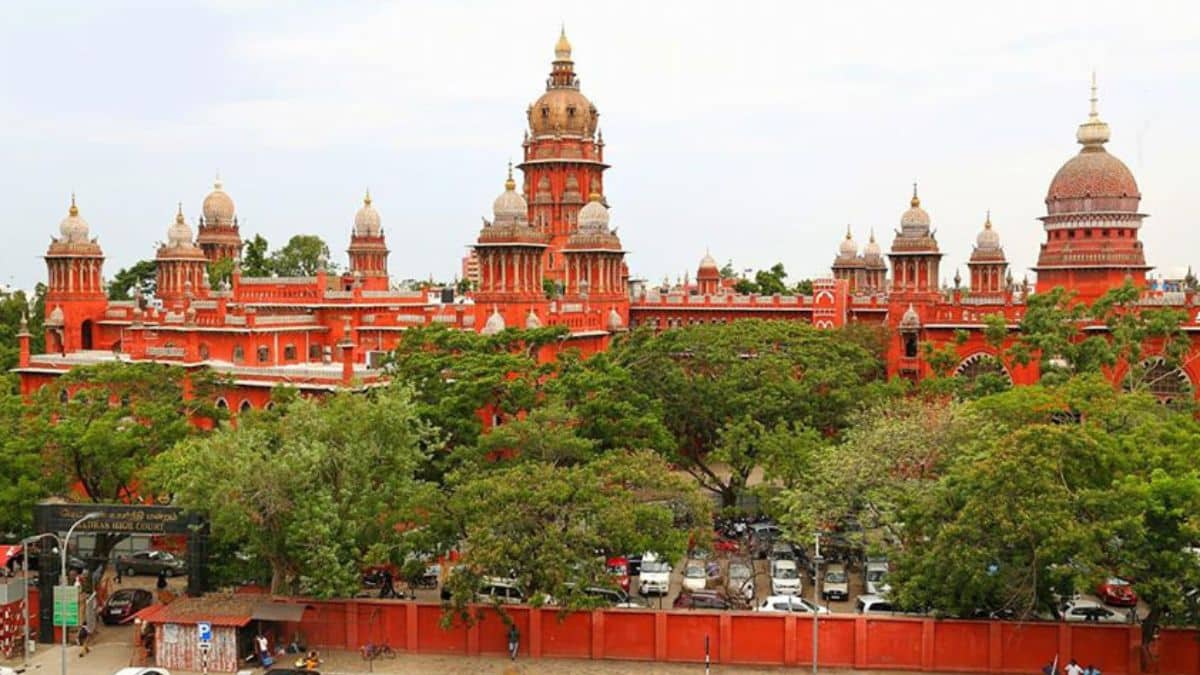The Madras High Court has directed the central government to respond to a petition seeking the declaration of the Common Entrance Test (CET) as void. The court’s order comes amid growing concerns and legal challenges surrounding the CET’s implementation and fairness.
The petition, argues that the CET, which serves as a critical gateway for admission to various professional courses, suffers from numerous procedural and substantive flaws. The petition claims that discrepancies in the examination process and alleged irregularities in its administration undermine its credibility and the principle of meritocracy.
The petitioners argue that the CET’s implementation has been marred by issues such as inadequate infrastructure, biased evaluation processes, and lack of transparency, which they contend have adversely affected students’ chances and compromised the examination’s integrity.
The court’s notice to the central government marks a crucial step in addressing these concerns. The government is now required to present its response and provide clarifications regarding the CET’s administration and its compliance with regulatory standards. This move is expected to initiate a thorough review of the examination process and its impact on students.
In addition to legal scrutiny, the CET has been under increasing public and academic scrutiny. Critics argue that the examination system, designed to standardize admissions across institutions, has instead contributed to stress and inequities among students. Calls for reform have gained momentum, emphasizing the need for a more transparent and fair assessment mechanism.
The outcome of this legal battle could have far-reaching implications for entrance examinations and educational policies across the country. It underscores the ongoing debate over the effectiveness and fairness of standardized testing systems and highlights the need for reforms to ensure that they serve all stakeholders equitably.
As the case progresses, educational institutions, students, and policymakers will closely follow the developments, anticipating potential changes that could reshape the future of academic admissions in India.

